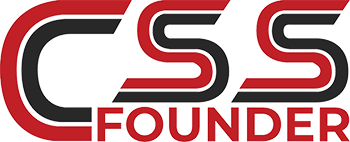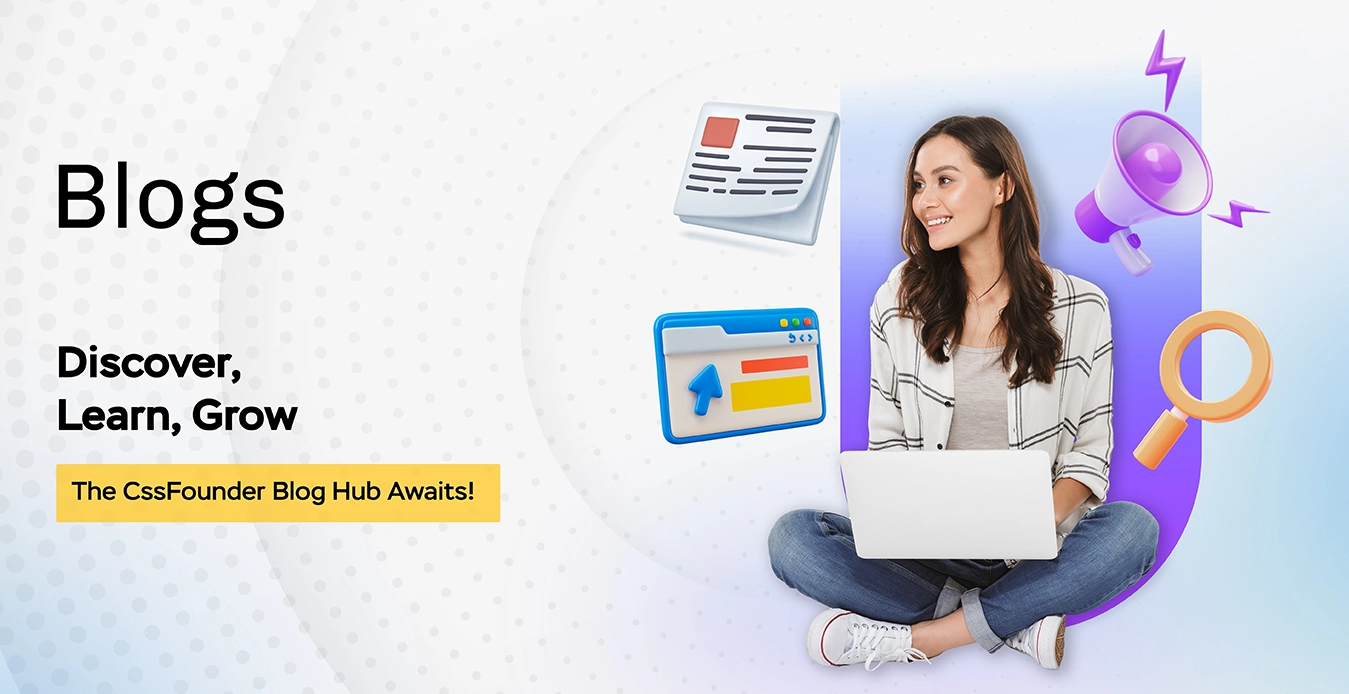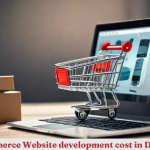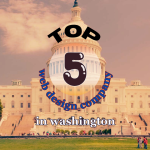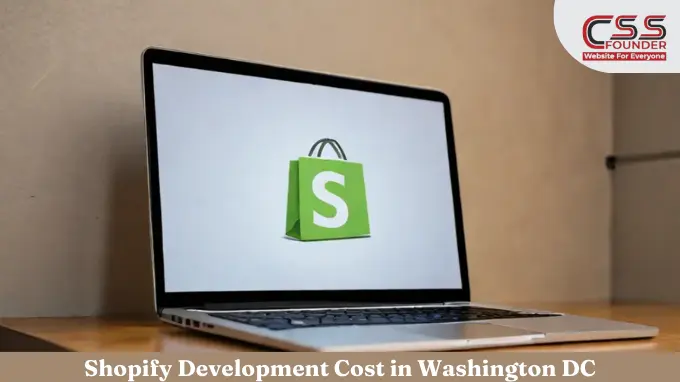In the bustling business landscape of Muscat, Oman, Customer Relationship Management (CRM) systems have become increasingly crucial for companies looking to streamline their operations and enhance customer engagement. As businesses in the region strive to keep pace with global technological advancements, understanding the costs associated with CRM development is essential for making informed decisions. This article explores the various factors influencing CRM development costs in Muscat and provides insights into maximizing return on investment.
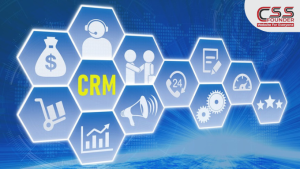
Cost Breakdown for CRM Development in Muscat
To provide a clearer picture, let’s break down the potential costs for a mid-sized company in Muscat looking to implement a customized CRM solution:
-
Base CRM Software: 20,000 – 40,000 OMR
- Description: This is the initial cost for purchasing the CRM software itself. The price range can vary based on the features, scalability, and capabilities of the software.
- Factors Influencing Cost: Vendor reputation, advanced functionalities (such as AI integration, advanced analytics), and the size of the business.
-
Customization: 10,000 – 20,000 OMR
- Description: Customization involves tailoring the CRM software to meet the specific needs of your business. This could include modifying existing modules, creating new features, or integrating unique business processes.
- Factors Influencing Cost: Complexity of customizations, the amount of development required, and the extent to which the software needs to be adapted.
-
Integration with Existing Systems: 5,000 – 15,000 OMR
- Description: This cost covers the integration of the CRM with other existing systems in your organization, such as ERP, email marketing tools, or accounting software.
- Factors Influencing Cost: Number of systems to be integrated, complexity of data transfer, and compatibility of the CRM with existing systems.
-
User Licenses (50 users for 1 year): 6,000 – 12,000 OMR
- Description: This is the annual cost for user licenses, allowing 50 employees to access and use the CRM.
- Factors Influencing Cost: Licensing model (per-user or bulk), level of access (basic, professional, or enterprise), and additional features included in the license.
-
Training and Initial Support: 5,000 – 8,000 OMR
- Description: This includes the initial training sessions for employees to effectively use the CRM, as well as initial support to address any teething problems.
- Factors Influencing Cost: Duration and depth of training, number of employees to be trained, and the expertise of the trainers.
-
Ongoing Support (1 year): 3,000 – 6,000 OMR
- Description: This is the cost for ongoing technical support and maintenance of the CRM for one year. It ensures the system remains functional and up-to-date.
- Factors Influencing Cost: Level of support required (basic or premium), frequency of support needed, and response times promised by the support provider.
-
Total Estimated Cost: 49,000 – 101,000 OMR
It’s important to note that these figures are indicative and can vary based on specific requirements and market conditions.
Factors Affecting CRM Development Costs
-
Scope and Complexity
The scope and complexity of a CRM system significantly impact its development cost. In Muscat, businesses range from small local enterprises to large multinational corporations, each with unique requirements. A basic CRM system for a small business might cost between 5,000 to 15,000 Omani Rials (OMR), while a complex, customized solution for a large corporation could exceed 100,000 OMR.
-
Customization Requirements
Off-the-shelf CRM solutions may not always meet the specific needs of Muscat-based businesses, especially those in niche industries or with unique operational processes. Customization adds to the overall cost but ensures that the CRM aligns perfectly with business objectives. Depending on the extent of customization, this can increase the base cost by 20% to 50%.
-
Integration with Existing Systems
Many businesses in Muscat already have established IT infrastructures. Integrating a new CRM with existing systems like ERP, accounting software, or e-commerce platforms is crucial for seamless operations. Integration costs can range from 3,000 to 20,000 OMR, depending on the complexity and number of systems involved.
-
User Licenses
The number of users who will access the CRM system affects the overall cost. Most CRM providers charge per-user license fees, which can range from 10 to 100 OMR per user per month, depending on the features and level of access required.
-
Training and Support
Implementing a new CRM system requires comprehensive training for staff to ensure optimal utilization. Additionally, ongoing support is crucial for troubleshooting and maintenance. In Muscat, training and initial support costs typically range from 2,000 to 10,000 OMR, with ongoing support contracts varying based on the level of service required.
-
Cloud vs. On-Premises Solutions
The choice between cloud-based and on-premises CRM solutions can significantly impact costs. Cloud-based solutions generally have lower upfront costs but ongoing subscription fees. On-premises solutions require higher initial investment but may prove more cost-effective in the long run for larger organizations. In Muscat, the trend is increasingly shifting towards cloud-based solutions due to their scalability and reduced maintenance requirements.
-
Local Market Factors
The CRM development market in Muscat is influenced by local economic conditions, availability of skilled developers, and competition among service providers. While costs may be lower compared to some global tech hubs, the growing demand for digital transformation in Oman is gradually pushing prices upward.
Maximizing ROI on CRM Development in Muscat
While the costs of CRM development in Muscat can be substantial, businesses can maximize their return on investment through strategic planning and implementation:
- Clear Objectives: Define clear objectives for the CRM system aligned with business goals. This ensures that the development focuses on features that deliver tangible value.
- Phased Implementation: Consider a phased approach to implementation, starting with core functionalities and gradually adding features. This can help manage costs and allow for adjustments based on user feedback.
- User Adoption Strategies: Invest in comprehensive training and change management to ensure high user adoption rates. The success of a CRM system heavily depends on how effectively employees use it.
- Local Partnerships: Collaborate with local IT firms in Muscat that understand the regional business landscape. They can provide cost-effective solutions tailored to local needs and regulations.
- Scalability: Choose a CRM solution that can scale with your business growth. This prevents the need for costly system overhauls in the future.
- Regular Evaluation: Continuously evaluate the CRM system’s performance against set KPIs. This helps in identifying areas for improvement and justifying further investments.
Future Trends in CRM Development Costs in Muscat
As Muscat continues to position itself as a key business hub in the Middle East, several trends are likely to influence CRM development costs in the coming years:
- Increasing Demand: Growing awareness of digital transformation’s importance is likely to increase demand for CRM solutions, potentially driving up development costs.
- Emerging Technologies: Integration of AI, machine learning, and IoT into CRM systems may increase initial costs but offer greater long-term value.
- Local Talent Development: Oman’s focus on developing local IT talent may lead to a more competitive market, potentially stabilizing or reducing development costs.
- Regulatory Compliance: As data protection regulations evolve in Oman, CRM systems may require additional features to ensure compliance, impacting overall costs.
Conclusion
Investing in CRM development in Muscat requires careful consideration of various cost factors and long-term benefits. While the initial investment may seem substantial, a well-implemented CRM system can significantly enhance customer relationships, streamline operations, and drive business growth. By understanding the cost components and adopting strategies to maximize ROI, businesses in Muscat can leverage CRM technology to gain a competitive edge in the evolving market landscape.
As the business environment in Muscat continues to evolve, staying informed about CRM development costs and trends will be crucial for making strategic technology investments that drive sustainable growth and success.
